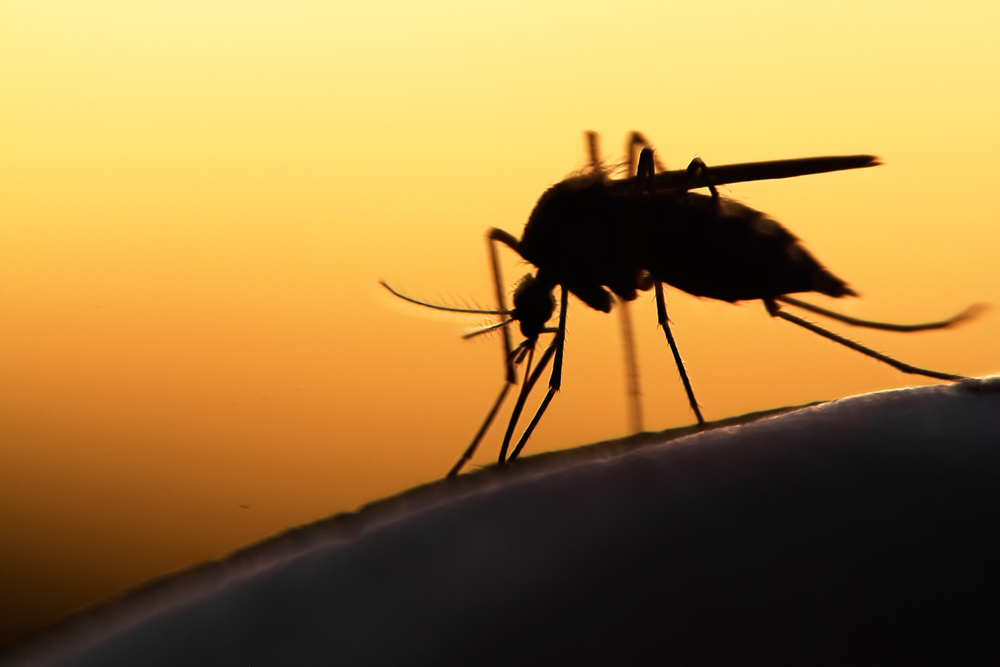
In a randomized trial, the antimalarial effects of ivermectin showed that the drug has the potential to reduce malaria episodes among children aged five or younger by as much as one-fifth.
Repeated mass administration of ivermectin could reduce those episodes from 2.49 to 2 cases per child during malaria transmission season if the whole population were given the drug every three weeks. The first randomized trial of its kind consisted of 2,700 people — 590 of which were children — from Burkina Faso and revealed no drug-related side effects among participants.
Since 2000, deaths from malaria have dropped by 48 percent around the world and there are fewer endemic regions. Progress, however, is stalling due to rising resistance to major antimalarial drug artemisinin.
Previously, ivermectin has been used to treat parasite infections from things like head lice and is known for its mosquito-killing capabilities, though it had never been tested for its effect on clinical malaria incidence.
“Ivermectin reduces new cases of malaria by making a person’s blood lethal to the mosquitoes who bite them, killing mosquitoes and therefore reducing the likelihood of infection of others,” Dr. Brian Foy, study author from Colorado State University, said. “Because ivermectin has a unique mode of action compared to other malaria control insecticides and antimalarial drugs, it could be used alongside drugs that treat malaria to combat residual transmission of the disease.”
The trial proceeded over an 18-week period in 2015. Children were tested for malaria every two weeks and treated as needed, with the result that more than double the children in the intervention group had no malaria incidents, compared with those from the control group. No placebo was used in this case.
Study results were published in The Lancet. The team hopes for further trials in the future, including more safety studies in larger populations.




